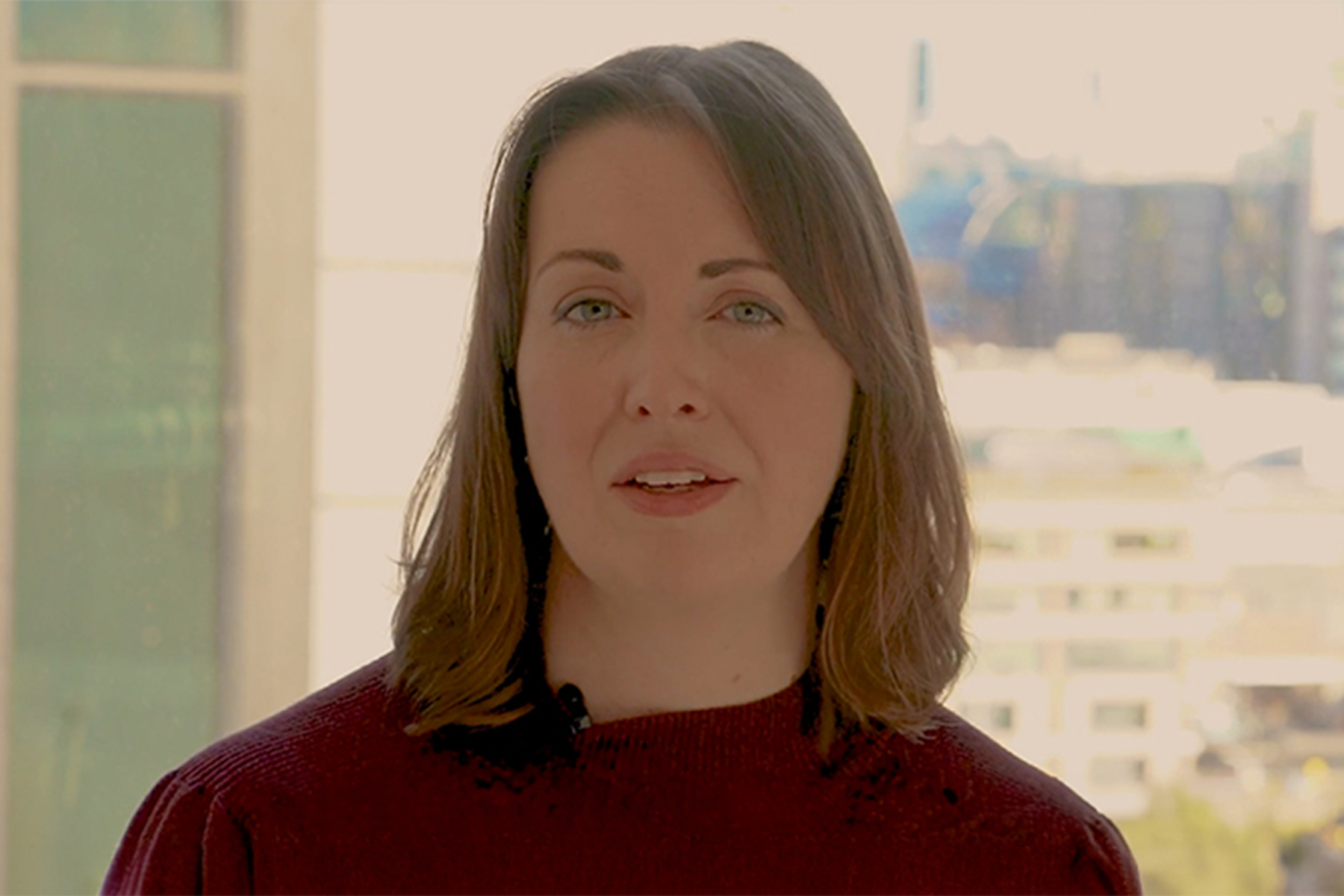
Making sustainability profitable
Sustainability investments must deliver returns – both financial and reputational – to be ‘sustainable’ for business. Something needs to change, says Luc Speisser
Brands are facing a Herculean challenge on cost. Business stakeholders – from consumers to employees to regulators to investors – expect more. Businesses must invest heavily in sustainability, and yet most consumers won’t accept an increased price to compensate. The result: brands are at the whim of marginal, if any, returns from their sustainability investments.
Any business exists to make money or else it dies. Companies’ compliance with ever-shifting expectations and standards is essential. But finding a point of differentiation is how brands can unlock the greatest returns.
Brand is the missing piece of the puzzle. Brand drives differentiation, change and return on investment. Therefore, brand-led sustainable actions can help create brand preference and brand value through meaningful differentiation.
The sustainability challenge
Today, businesses face three key challenges in relation to sustainability:
- All stakeholders – from consumers to investors – expect more from businesses. And CEOs are increasingly being judged by their sustainability strategies. As the pressure builds, merely having a brand purpose and not backing it up with real action is no longer enough. Instead, brands must make a tangible impact and align with stakeholders’ personal values and beliefs to stay relevant.
- Sustainability regulators are scrutinising businesses and industries. Standards are being raised. Organisations must respond to an increasingly complex set of environmental and social policy mechanisms globally.
- Businesses must invest heavily in sustainability, and yet most consumers won’t accept an increased price to compensate. A frustrating paradox sits at the heart of sustainable business: few consumers who demand eco-friendly products and services will follow through with their wallets.
The green sea of sameness
In the race for compliance, most organisations are making similar pledges to each other and adopting comparable actions to become more sustainable. There is no denying that this growing discourse around sustainability is positive for both the planet and for people. Certainly, brands must be commended for their efforts. But how many of these pledges and actions are truly memorable? As a consumer, how many sustainable pledges or actions from brands can you name? Probably very few. Perhaps not even one.
Escaping the green sea of sameness is very much a test and learn process. A few brands are getting it right and we can learn from their successes.
The opportunity
Don’t just react to shifting expectations, lead. To tap into the $12trn opportunity, brands need to not only be relevant and do good, but must do good in their own unique way. In other words: whoever you are, approach sustainability through the lens of innovation – not just compliance.
We have four principles for brand-led sustainability:
- We see sustainability as a priority in innovation. Every innovation challenge we now face, we do so through the lens of enhancing sustainability.
- We think sustainability should be at the heart of everything we do, so have infused it into our existing offers and embedded it across our global network from nose to tail. Even if sustainability is not part of the client brief, we bring the subject to the table.
- We believe that all brands, wherever they are on their sustainability journey, can be built for good and benefit people, planet and profit. That’s why we’ve created a suite of proprietary methodologies, helping to build Good Brands through brand-led sustainability.
- Innovating for greater sustainability is a massive and complex challenge requiring the mobilisation of collective intelligence like never before. We do not attempt to go it alone. To maximise impact, we believe it is imperative to partner with others.
So greatly do we believe in the power of partnership that we have embraced this approach ourselves. We have created the Good Squad, a think-and-act tank of volunteers joined by one-third of our employees, and brought together a vast ecosystem of team members, partners and advisors, both within and outside of WPP to ensure we deliver the most differentiating, cut-through sustainability solutions for our clients. After all, the more collective intelligence we can tap into, the more we can learn and evolve, too.
Looking ahead
It is undeniable that brands have an important role to play in paving the path to a more sustainable future. In the wake of COVID-19, against the backdrop of the World Economic Forum’s Great Reset and the world calling out for a new normal, we anticipate further significant growth.
Brands must tread with caution and avoid falling into the trap of expecting higher returns for improved sustainability credentials alone. Rather, brands must continue to apply all the facets of good branding – building differentiation, relevance, esteem and knowledge – to their sustainability approach and to the rest of their brand strategy.
published on
28 December 2022
Category
More in The Atticus Journal

Generative AI: mitigating risk to unlock opportunity
H+K’s Allison Spray on managing the commercial and reputational risks that the proliferation of generative AI will present

Sustainability comms must get real
There’s a disconnect between the way corporations talk about climate change and how the public discusses the same issue. That’s the conclusion of research by Jamie Hamill, Alessia Calcabrini and Alex Kibblewhite.

